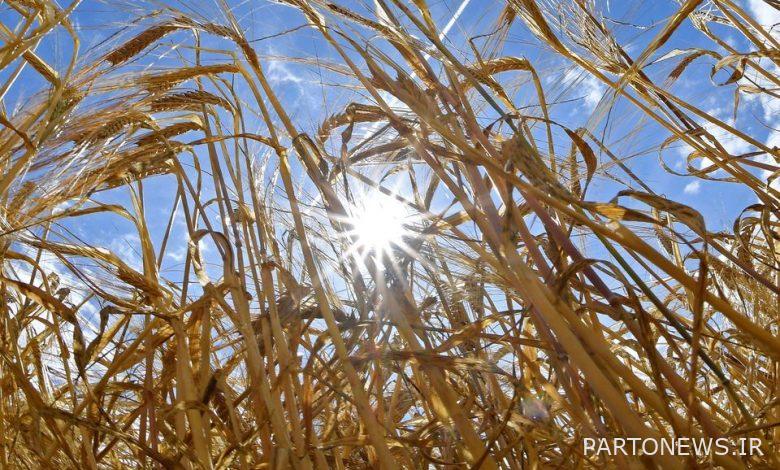European food diplomacy to tackle food shortages and rising food prices

According to an IRNA report from Reuters on Tuesday; The officials say the purpose of food diplomacy is to counter Russia’s claims about the negative impact of sanctions following the Ukraine war.
According to an EU diplomat; Food insecurity is causing resentment and anger in vulnerable countries around the world, while Moscow sees the crisis as a consequence of Western sanctions on Russia, a potential threat to its influence, and should therefore be pursued through diplomacy. Food and reciprocal narratives deal with this phenomenon.
Russian President Vladimir Putin recently said that Western sanctions against his country have exacerbated the food crisis and rising global energy prices.
Neighboring EU countries, particularly Egypt and Lebanon, which are heavily dependent on wheat and fertilizer imported from Ukraine and Russia, have seen price spikes following a drop in supply since the start of Russia’s “special military operation” in Ukraine.
The 27-member European Union, which seeks to step up international efforts to curb the negative effects of these shortfalls, plans to launch new initiatives alongside the UN food program.
EU diplomats say French diplomats are considering a plan to create a global food distribution mechanism for poorer and more deprived countries, and Hungary has proposed increasing its agricultural output by changing its climate targets. .
The Food and Agriculture Organization of the United Nations (FAO) has also announced that it is reviewing the payment of financial facilities for food imports.
The European Union (EU) has recently announced that it will provide € 225 million ($ 244 million) in aid to North Africa and the Middle East, of which about half will go to Egypt and the rest to the rest of the world. Each of Lebanon, Jordan, Tunisia, Morocco and the Palestinian territories will receive between 15 million and 25 million euros.
EU officials added: “€ 300 million will be paid as agricultural support to the Western Balkan countries, which is part of the organization’s regular financial assistance to countries in the region.”
The Ukraine war, which began on February 24 with a full-scale invasion of Ukraine by Russian troops, has had many regional and international consequences, including the imposition of extensive Western restrictions and sanctions on Russia.

